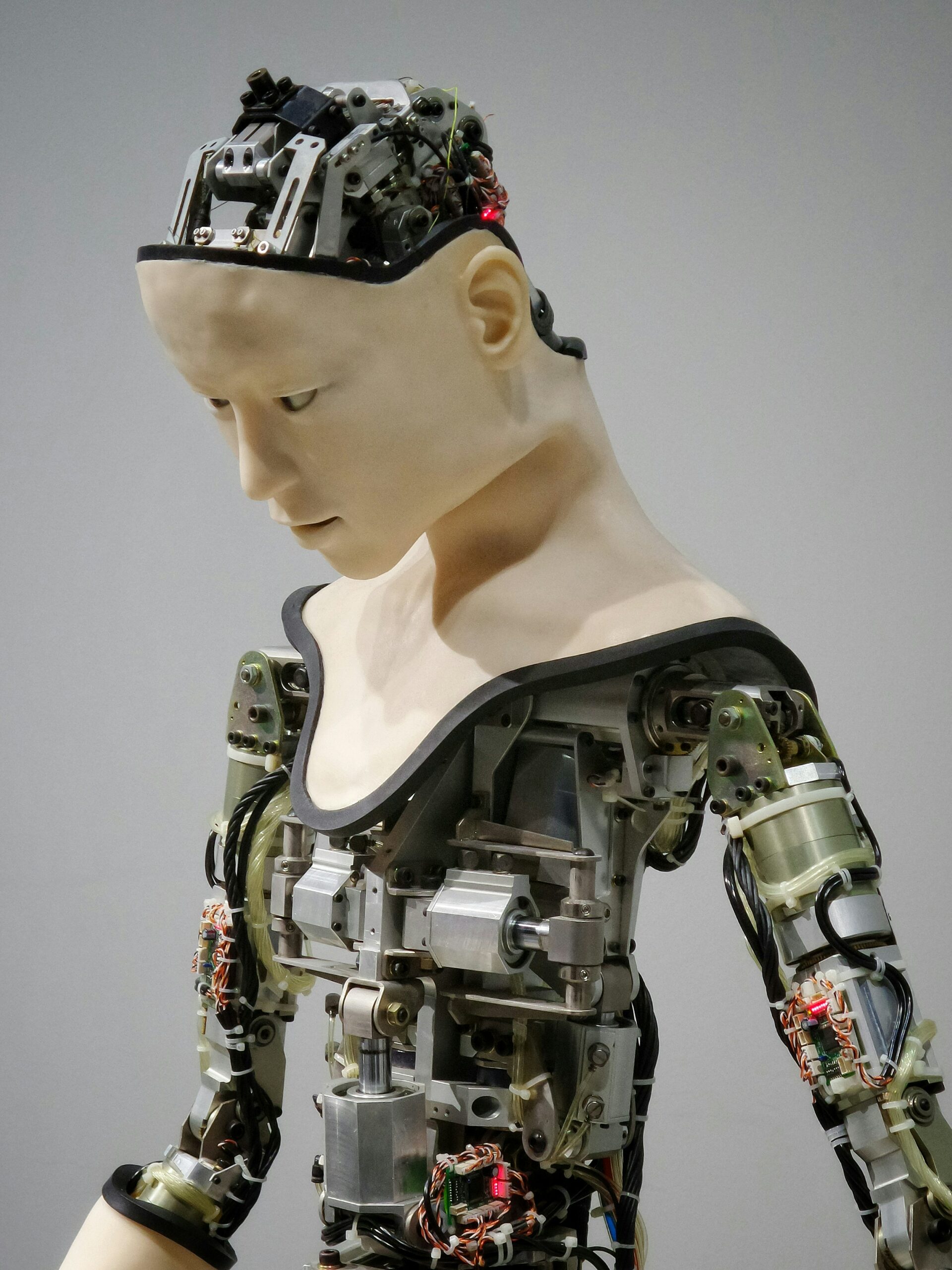
Pope Francis addresses the G7 Summit on Artificial Intelligence
The Church role in the world leaders’ debate on AI
On 14th June Pope Francis made an historic intervention in the debate around AI at the G7 summit in southern Italy’s Puglia region, taking part in its afternoon session, dedicated to AI (Artificial Intelligence).
He has been the first Pope, in the history of the Church, to participate in a G7 summit of leaders from the world’s most advanced economies (United States, Canada, France, the United Kingdom, Germany, and Japan).
He addressed the leaders of the Intergovernmental Forum in a speech “An exciting and fearsome tool”, concerning the effects of artificial intelligence on the future of humanity.
He began by saying that the birth of AI represents “a true cognitive-industrial revolution” capable of transforming society in complex ways, with both positive and negative impacts:”.. For example, artificial intelligence could enable a democratization of access to knowledge, the exponential advancement of scientific research and the possibility of giving demanding and arduous work to machines. Yet at the same time, it could bring with it a greater injustice between advanced and developing nations or between dominant and oppressed social classes, raising the dangerous possibility that a “throwaway culture” be preferred to a “culture of encounter”.”
His reflection continues on “algorithmic choices” made by AI and true “decisions” that only humans can make:”the algorithms used by artificial intelligence to arrive at choices are “neither objective nor neutral” and “the quality of the answers that artificial intelligence programs provide ultimately depends on the data they use and how they are structured”.
Concluding his address, the Pope highlighted that AI is always influenced by “the perspectives of those who created and advanced it.” A specific concern raised was the growing challenge in reaching consensus on critical societal matters. There is a diminishing alignment, he noted, on the fundamental beliefs that should guide artificial intelligence.
The Pope stressed the importance of establishing an “algor-ethics,” consisting of “universal and diverse” guidelines that can garner support from various cultures, religions, global institutions, and major companies.
While acknowledging the difficulty in defining a unified set of worldwide values, the Pope suggested the pursuit of common principles to navigate and resolve ethical dilemmas and conflicts related to human existence.
Images
- Photo by Possessed Photography on Unsplash
